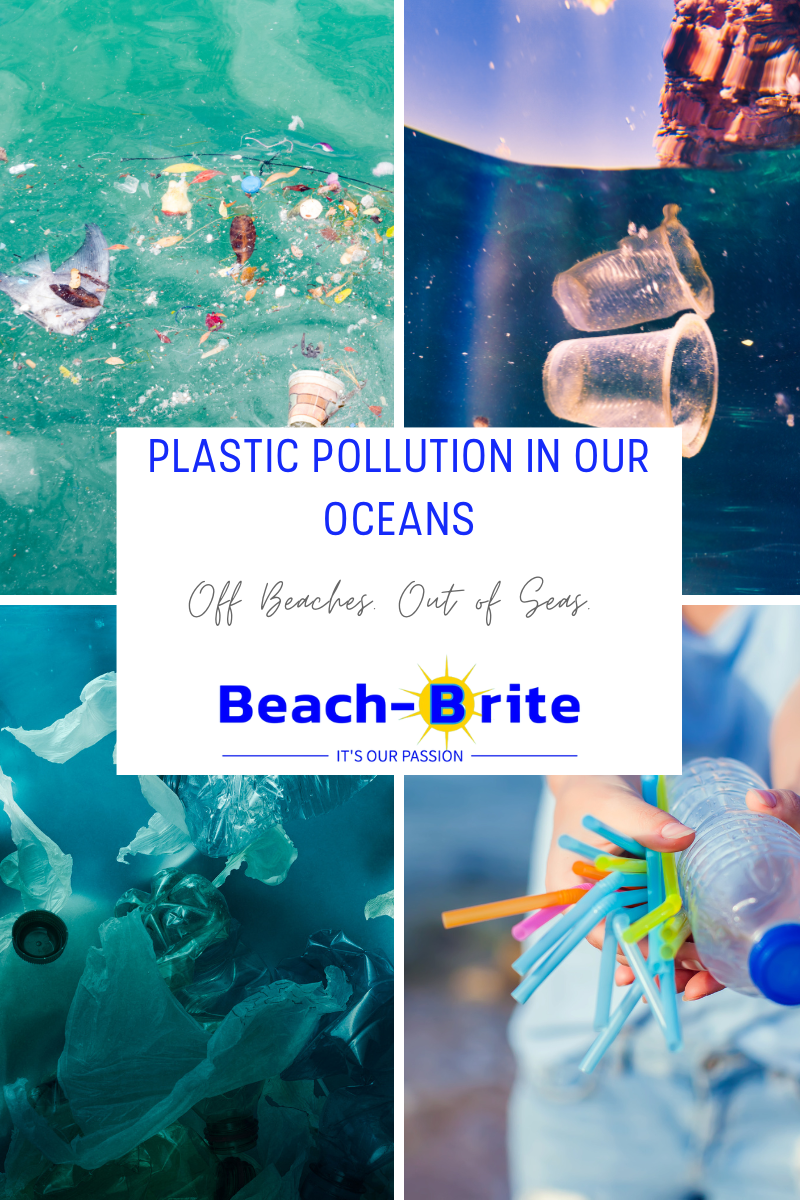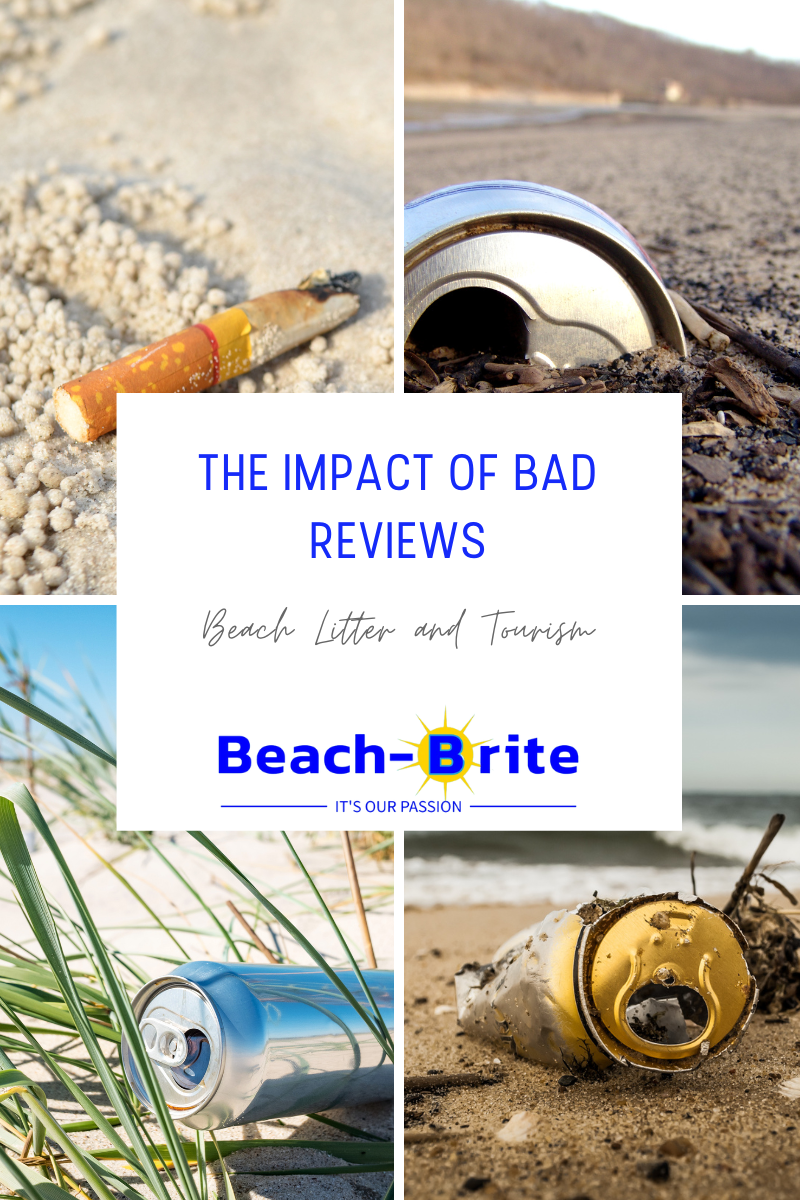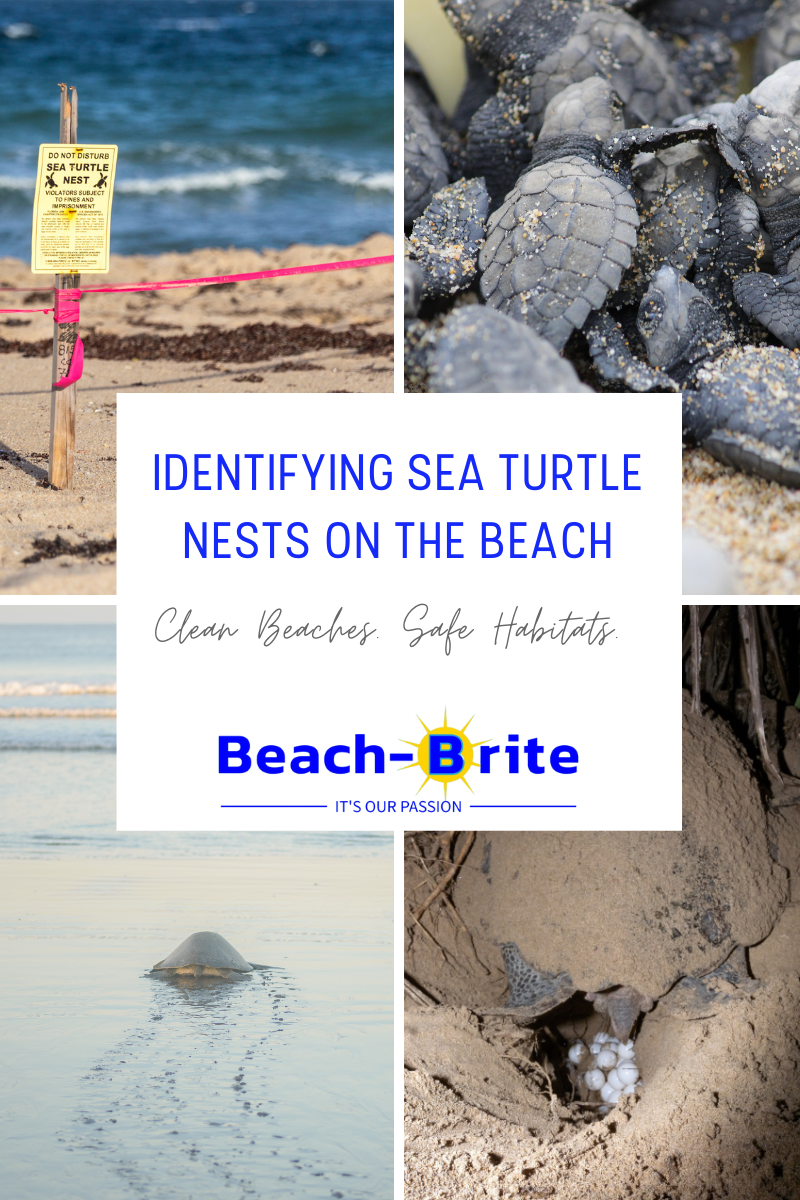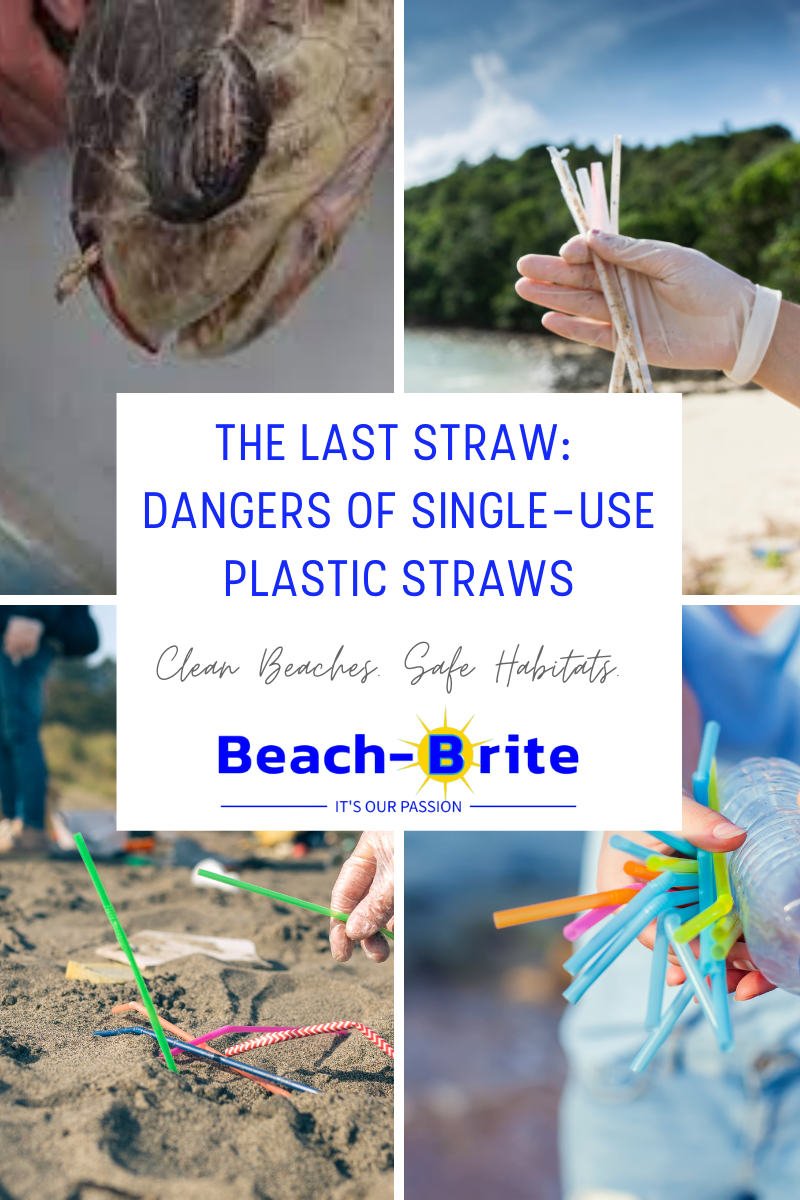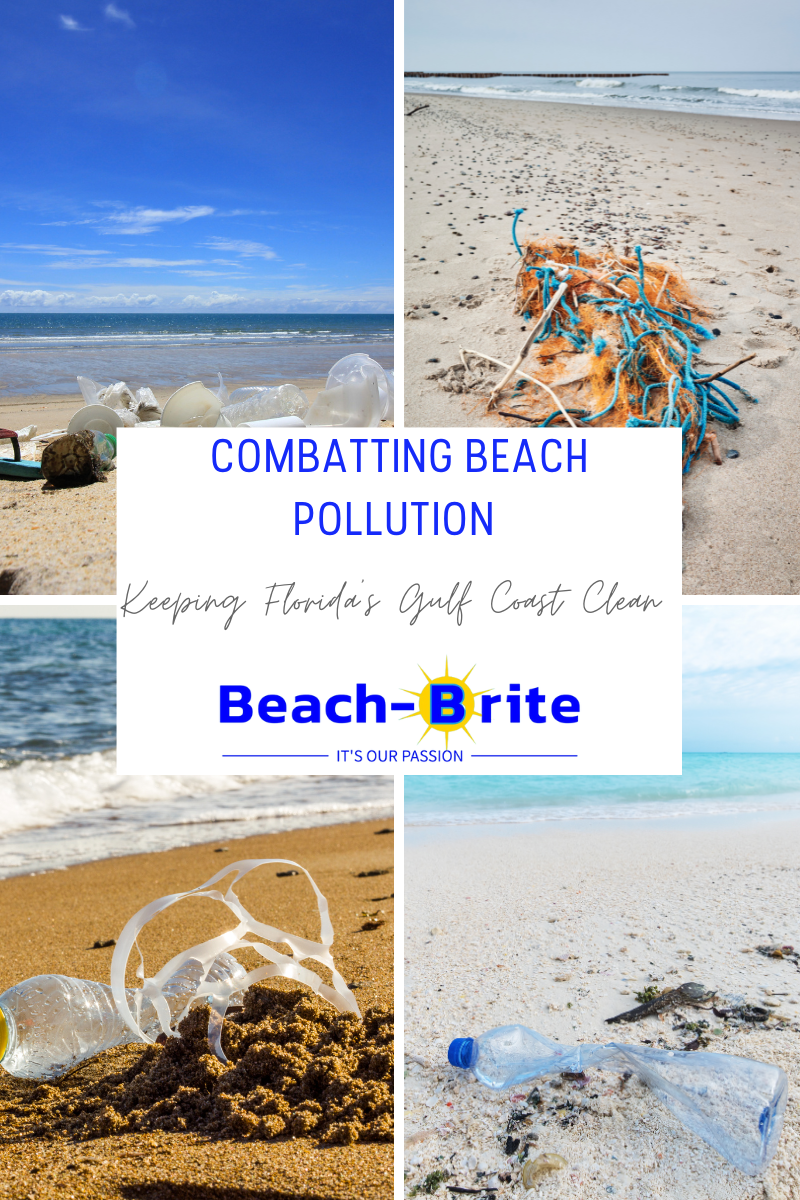Plastic Pollution in the Ocean
A Global Crisis
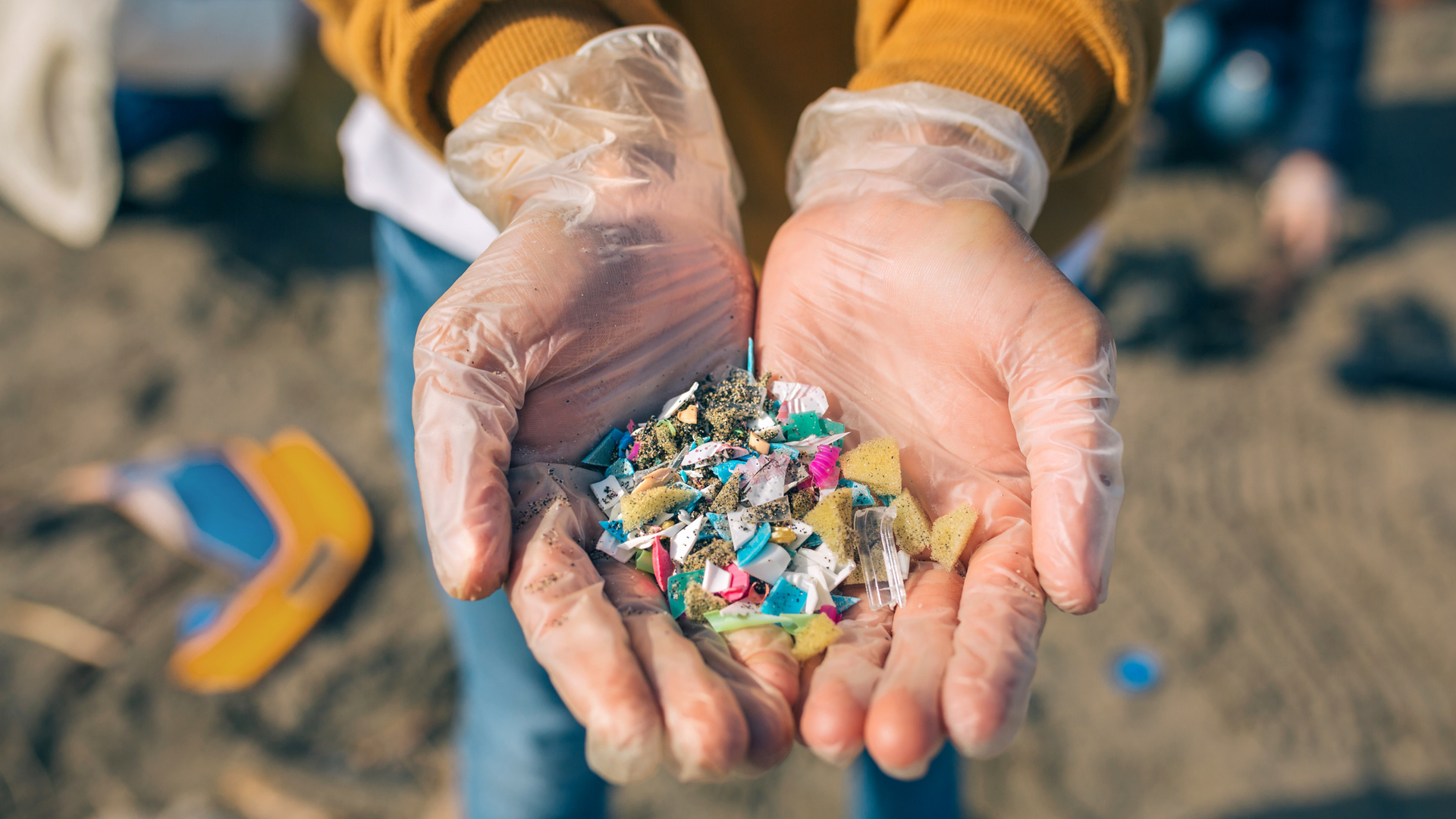
The pristine beauty of our oceans has long captivated the human imagination. Yet, beneath the surface of these vast, seemingly endless waters, a hidden menace lurks: plastic pollution. Plastic waste silently infiltrates our oceans, wreaking havoc on marine life, ecosystems, and the entire planet. In this article, we will delve into the alarming issue of plastic pollution in our oceans and explore the dire consequences it poses.
The Scale of the Crisis
The magnitude of plastic pollution in the ocean is staggering. Each year, an estimated 8 million metric tons of plastic enter our seas and oceans.
To put it in perspective, this is equivalent to dumping a garbage truck's worth of plastic into the ocean every minute. If this trend continues, experts predict that by 2050, more plastic will be in the ocean than fish.
The Perils of Single-Use Plastics
One of the primary culprits of ocean plastic pollution is single-use plastics. Items like plastic bags, bottles, straws, and packaging are designed for convenience but often become persistent marine debris.
These plastics take hundreds of years to break down, and even then, they degrade into microplastics—tiny particles that can devastate marine life.
Impact on Marine Life
Marine creatures are paying a heavy toll for our plastic addiction. Sea turtles, seabirds, fish, and marine mammals often mistake plastic debris for food.
Plastic can block their digestive tracts when ingested, leading to malnutrition, injury, and even death.
Additionally, chemicals in plastics can leach into the ocean, threatening the entire marine food web, including humans who consume seafood.
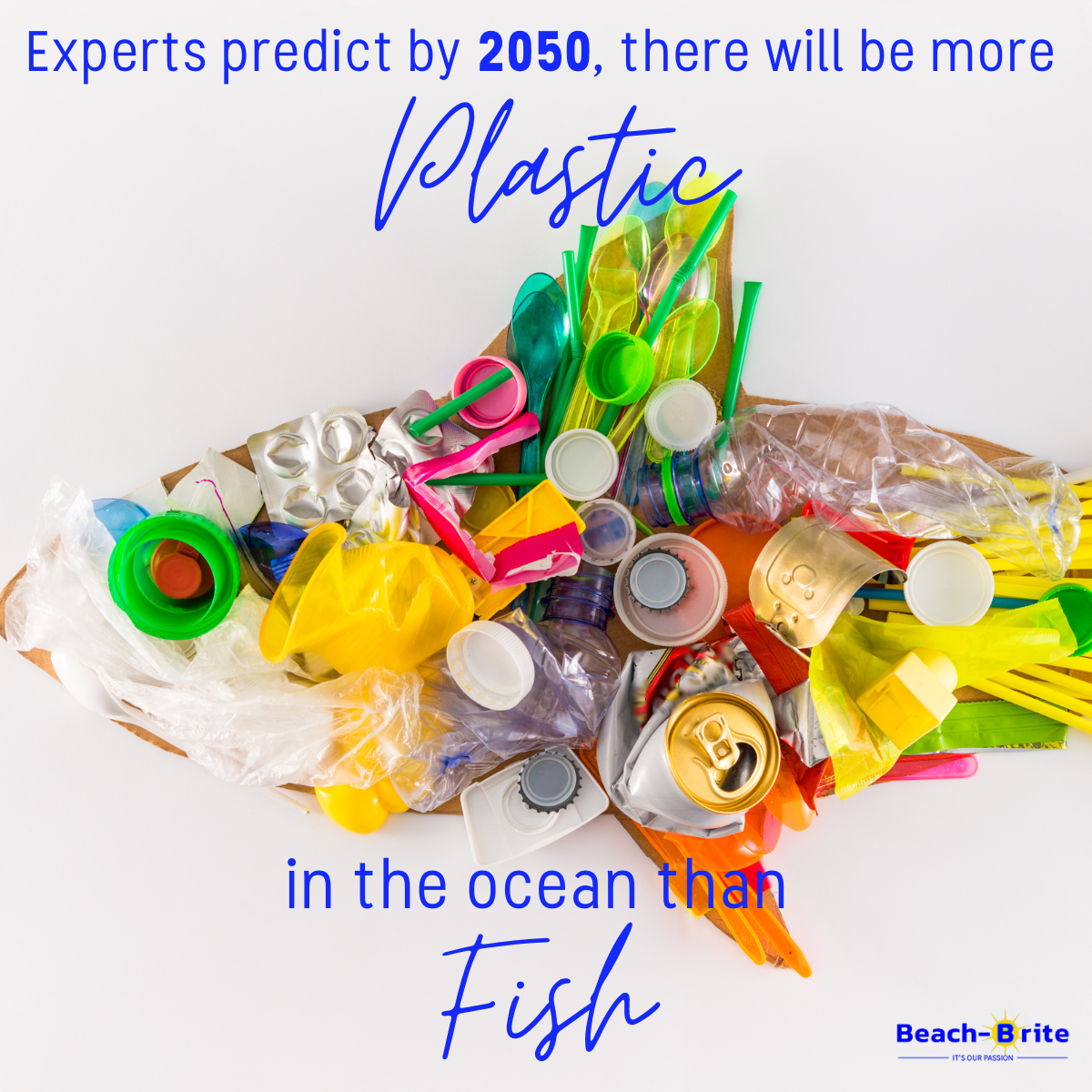
Ecosystem Disruption
Beyond harming individual animals, plastic pollution disrupts entire ecosystems. Coral reefs, already facing threats from climate change, are now endangered by the presence of microplastics that smother and starve these critical marine habitats. Plastic waste also damages seafloor habitats, where countless species depend on stable environments for survival.
Human Health Concerns
The plastic problem is not confined to the ocean alone. Microplastics have been found in drinking water, seafood, and even the air we breathe. Research on the health effects of microplastic exposure is ongoing, but the presence of these particles in our food chain raises legitimate concerns about human health.
Call to Action
Addressing plastic pollution in the ocean is a complex challenge, but it is not insurmountable. Here are some steps we can take to combat this crisis:
Reduce, Reuse, Recycle
Reduce your use of single-use plastics, opt for reusable alternatives, and recycle responsibly.
Clean Up Our Beaches
Every day, plastic pollution blows into the Gulf straight from our Florida beaches. By keeping our Panhandle beaches clean, we remove a source of pollution.
Raise Awareness
We're adding signage to each of our trash receptacles to help raise awareness about the problem. We're firm believers that when we know better, we do better.
Support Innovative Solutions
Invest in and support technologies and initiatives to remove plastic waste from the ocean, such as beach cleaning technology and plastic-eating enzymes.
The ocean is a precious resource that sustains life on Earth. The plastic pollution crisis threatens not only the vitality of our oceans but also the health and well-being of future generations.
At Beach-Brite, we stand as a last defense between litter on our Escambia County beaches and the Gulf of Mexico.
It's imperative that we take collective action to address this issue. By reducing our plastic footprint, advocating for change, and supporting efforts to clean up our oceans, we can work toward a brighter, cleaner future for our planet and all its inhabitants.
